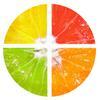The first step to ensuring your smooth, anonymous sailing online is to get rid of tracking cookies. Cookies are small pieces of information websites will store on your machine when you visit them.
Normally, the cookies are harmless, and just help with the functionality of a site. For example, when you visit YouTube, the videos that appear on the front page will change based on the cookies that Google has stored on your machine.
While Google doesn’t mean any harm, third-party tracking sites are a bit more ambiguous. A third-party tracker comes from advertisements, popups, and any content on the webpage you’re visiting that’s hosted on another domain.
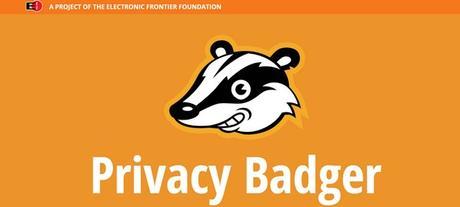
These cookies are designed to track your browsing history, search history, the length of time you visit pages, and so on. These cookies are constantly stored on your machine without the proper defenses. Fear not! A simple browser extension like Privacy Badger can block all tracking cookies and spit them right back out at the website trying to send them to you.
Note that if a website relies on third-party tracking cookies to function, it may not work if you’re using a cookie blocker.
Step 2: Enhance Privacy on Facebook
Facebook may be the internet’s beloved social networking site, but it can be bad news for privacy online if you’re not careful with it. Make sure that you don’t post your birth date, as this is a key piece of information used to steal your identity.
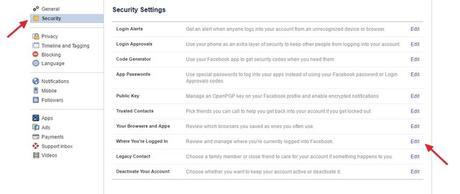
Avoid paying for Facebook’s services that require your credit card information. Turn location services off for Facebook so that it does not reveal your address. If you don’t use Facebook often anyway, the best way to protect yourself is to delete your account entirely.
Step 3: Strong Passwords are Safe Passwords
Even if you block cookies, what is there to stop a hacker from getting into your email or bank account? Creating a strong password is a crucial step to keeping your identity safe. There are websites and tools dedicated to creating random passwords such as Password Generator.
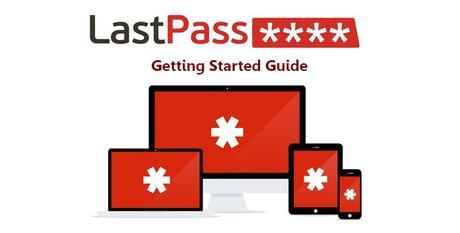
If you’re keen on the idea of using a randomly generated password for all of your accounts, you’re going to need some way to remember and manage them as well. LastPass is a safe and easy way to do so.
Step 4: Make Your PC Clean as a Whistle
You never really know what’s been stored on your computer after browsing the web for months or even years. There are millions of unique infections that could be on your machine and you wouldn’t know you had any, as they aren’t usually intrusive. Viruses are more about stealing data now than they are about destroying your computer.
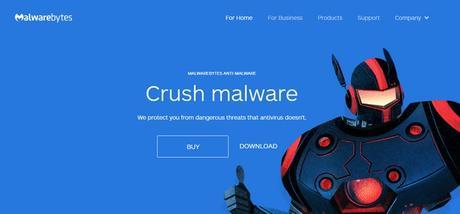
You’re worth more money if you don’t know you’re infected. As spooky as that sounds, there are plenty of free virus scanners that can clean them all. Malwarebytes remains a staple of free virus scanners, and HitmanPro is an amazing scanner for adware and spyware as well.
Step 5: Isolate Personal Files
Family photos, bank statements, tax forms, and private documents may be littered throughout your hard drive, and should be treated with care, just as much as you would your wallet or phone. WinRAR is a free archiving tool that will allow you to zip and secure any sensitive files you have on your computer.
Step 6: Hide Your IP Address
The last, and certainly not least, important step in keeping your identity safe online is hiding your IP address. Your IP is basically like a house address, only digital. With it, someone could find where you live, who your ISP is, and every single website you visit.
A VPN is a program that has servers hosted by a trusted company. You connect to the server and are then given a new IP address through the virtual network instead of your own local network, effectively making your old IP address vanish for everyone but your VPN.
If you’ve made it through all six steps, congratulations! Your online identity is now safer than the ID in your wallet, and you can rest assured that it will be much more difficult for people to spy on what you do or who you are.
If you want to take an even more active approach to your identity protection, you may want to contact a company like Bask to detect any illegal trading or selling of your personal information. It’s important to remember that not every company or website is noble in their data-collecting cause.
The internet is a useful tool, but also a dangerous weapon, and you will always be better off safe than sorry.
